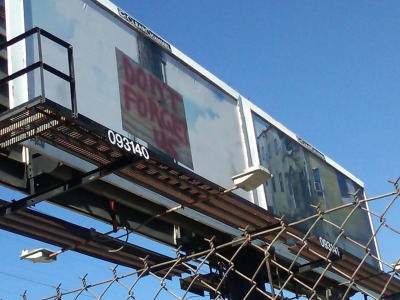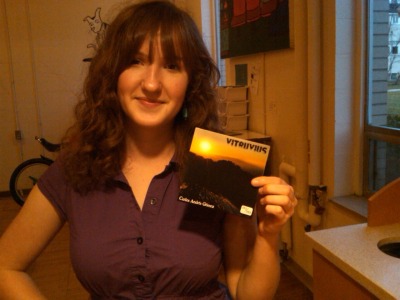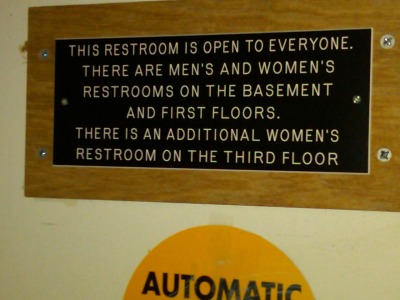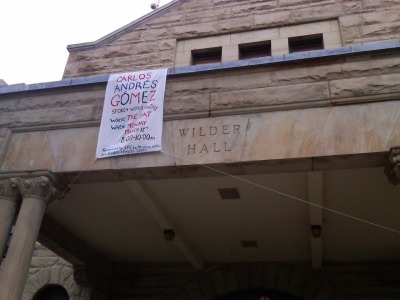Blog
Gender neutral bathroom
Oberlin College
How difficult things are

A friend recently asked me, “I know there’s a recession going on, but what does that really mean?”It’s overwhelming how devastating things are right now – cities, small towns, urban, rural – so many businesses and buildings are empty or boarded up.
Seeing this billboard yesterday just offered another example of how difficult things are right now.
(Philadelphia, PA)




